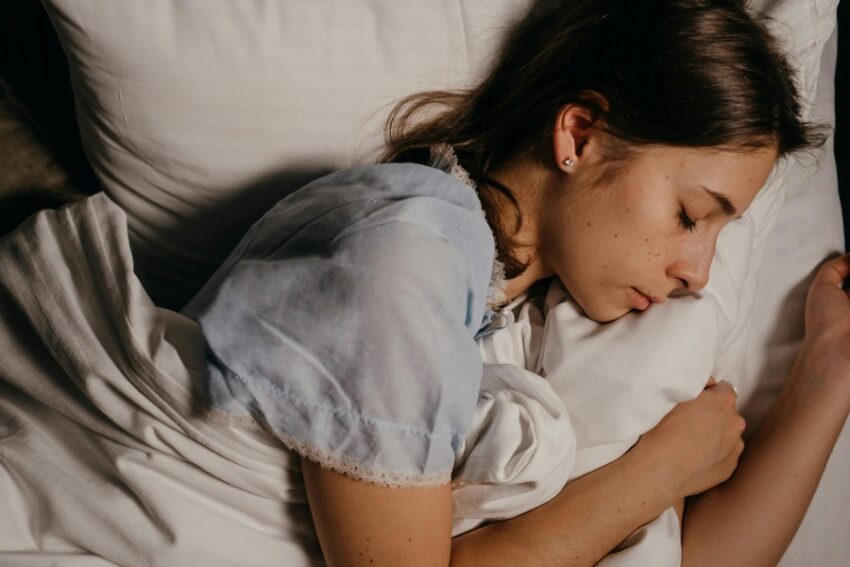If every day is a new challenge where sleep is a time you never get, it’s no surprise that quality shut eye is becoming harder to find. With screen time lingering into the night, increased stress, and irregular routines, millions struggle with deep, restorative sleep, and the wakefulness their bodies crave. But technology is here to help not distract you, as much as it may feel otherwise and with wearable technologies aimed at sleep, we are experiencing a movement of people wanting to understand and improve their sleep cycles.
From rings that identify your REM, to smartwatches designed to track your breathing, the digital age has brought us sleep technologies with the aim not only to measure sleep, but to optimize it.
The New Bedside Companion: How Wearable Sleep Tech is Changing the Game
Come-and-go type situations: You wake up feeling groggy even after what seems to be a full night’s sleep. Your smartwatch buzzes and gives you a brief. It turns out the deep sleep phase lasted for only 45 minutes. Now, that would explain the funky feeling you are having, and you can write it down to be changed into tonight.
Wearable sleep tech devices such as Oura Ring, Fitbit Sense, or the Apple Watch Series 9 would monitor heart rate, blood oxygen, and even the number of tosses and turns in bed during any given night. From monitoring accuracy to giving recommendations, this device will do it all. Some may actually tell you when to get distracted so you can start to get into a pattern as your body starts to sort itself out naturally.
Authentic Users, Authentic Outcomes: When Information Turns to Action
Consider Ria a 32 year old entrepreneur running against deadlines and meetings. After months of poor sleep and ongoing fatigue, she decided to try out a wearable sleep tracker, a recommendation from her friend. Within a week of using the device, Ria discovered that her sleep disturbance peaked on days she consumed caffeine after 4 PM. With this knowledge, she changed her behavior and sleep scores improved, along with her energy levels.
It is not simply numbers. It is self-awareness. That is the magic of wearable sleep technology: it transforms your invisible behavior into visible information.
Beyond Sleep: A Wellness Upgrade
Sleep is inherently linked to almost everything; mental clarity, emotional balance, weight management, and yes, even digestion. What’s even more fascinating is that the quality of your sleep can influence your adherence to the healthiest best diet plan for weight loss possible! Poor sleep increases cortisol (the stress hormone) levels which leads to cravings and overeating.
Using wearable sleep technology allows users to track and measure their sleep AND see how it also affects other aspects of their health. Some devices can even “talk” to their fitness tracker and food intake app to build a wellness ecosystem. The reality is that our focus has shifted from only sleep to biohacking our entire day.
Smart Tools, Smarter Sleep
Certainly, not every solution is appropriate for every individual. For instance, some people like minimalist rings that are barely noticeable; while others, who are more of multi-functional kind, prefer smartwatches. Most important is to be consistent and open-minded.
The wearable sleep device industry is getting more and more personalized and AI-powered constantly, and we have come a long way from the time when sleep was merely a luck factor. No matter that you have an extremely busy schedule, are a fitness freak, or even are suffering from chronic fatigue, these gadgets are playing the role of sleep doctors for you and others in millions.
Well, then, if that happens to be the case, you should definitely consider employing smart tech to lead you to a better sleep instead of lying in bed and staring at the ceiling the next time. A well-rested you means the best version of you.

